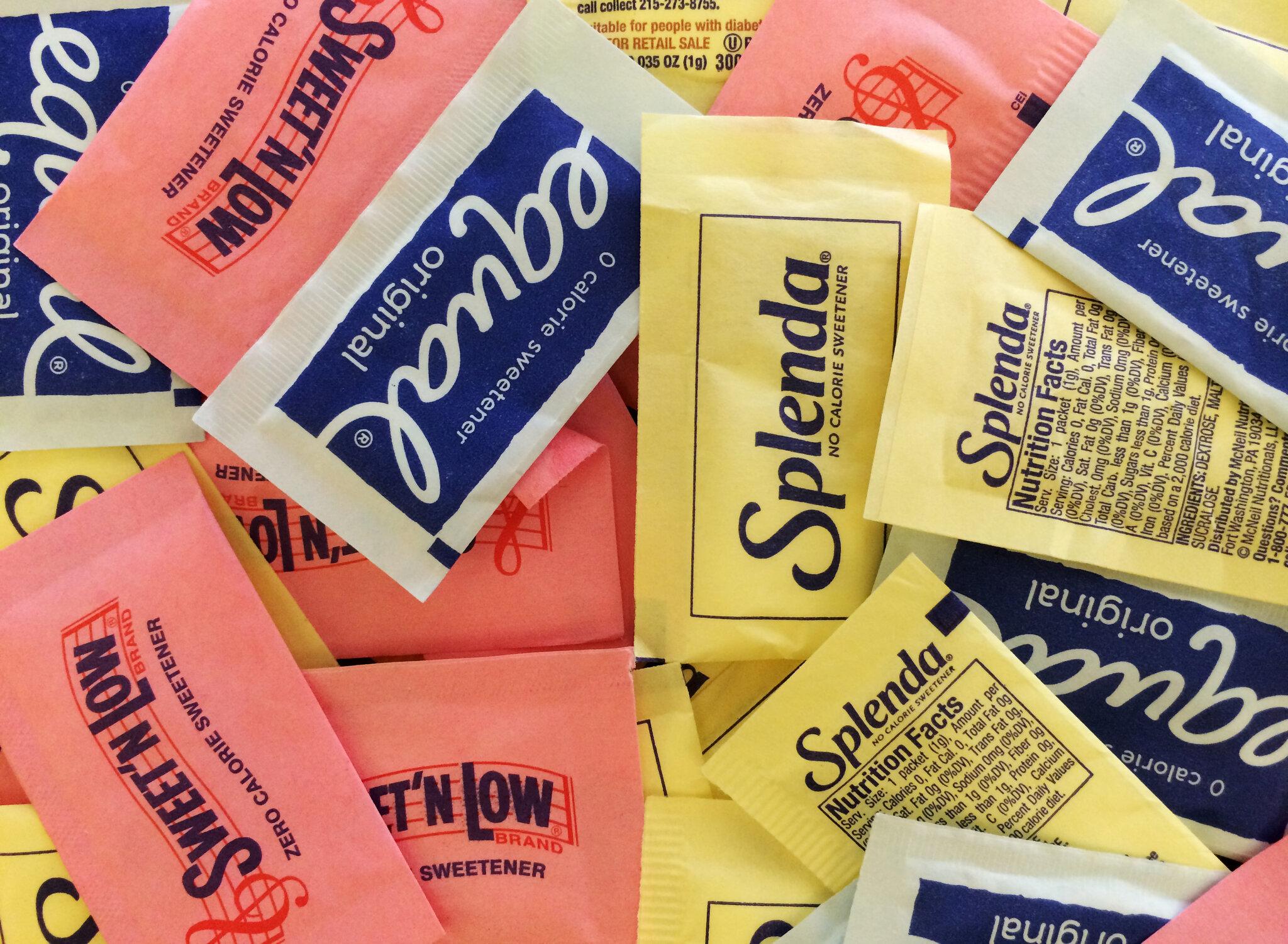In the pursuit of weight loss, the path is often strewn with promises of quick fixes and miracle solutions. Among these, artificial sweeteners have emerged as a popular choice for those seeking to satisfy their sweet tooth without the caloric consequences of sugar. These sugar substitutes, hailed for their ability to deliver sweetness with little to no calories, have become staples in everything from diet sodas to low-calorie snacks. However, beneath their saccharine appeal lies a growing debate: could these seemingly harmless alternatives be sabotaging our weight loss goals? As we delve into the science and stories behind artificial sweeteners, we uncover a complex narrative that challenges their role in our dietary landscape. Join us as we explore whether these sweet saviors are indeed allies in our weight loss journey or if they possess a bittersweet downside that could undermine our efforts.
Sweet Substitutes: Unpacking the Weight Loss Dilemma
In the quest for weight loss, many turn to artificial sweeteners as a seemingly harmless solution to curb sugar intake. Yet, the impact of these substitutes on weight management is a topic of heated debate. Some studies suggest that these sweeteners may inadvertently lead to weight gain or stall weight loss efforts. The reason? They can sometimes increase cravings for sugary and high-calorie foods, potentially disrupting metabolic processes.
- Craving Amplification: Artificial sweeteners can trick the brain into expecting sugar, which might increase appetite.
- Metabolic Effects: Some research indicates that these substitutes may interfere with the body’s natural ability to regulate calorie intake.
- Gut Health: Emerging studies highlight that certain artificial sweeteners might alter gut bacteria, influencing weight management.
While the jury is still out on the definitive impact of artificial sweeteners, their role in a weight loss regimen should be carefully considered. Balancing their use with natural alternatives and maintaining overall dietary awareness might be key to achieving long-term goals.

Hidden Calories: The Sweeteners That Could Sabotage Your Diet
While artificial sweeteners are often marketed as a healthier alternative to sugar, they can sometimes be a double-edged sword for those striving to shed pounds. These sweeteners, found in everything from diet sodas to sugar-free snacks, might come with unexpected side effects that could potentially hinder your weight loss journey. Although they are low in calories, some studies suggest that they might trigger cravings for sugary foods, leading to increased calorie intake overall.
It’s essential to be aware of the hidden ingredients that could sabotage your efforts. Here are a few common artificial sweeteners to watch out for:
- Aspartame: Often found in diet sodas and sugar-free desserts, it may alter your body’s response to sugar, increasing appetite.
- Saccharin: This sweetener can sometimes lead to a false sense of security, causing you to consume more calories elsewhere.
- Sucralose: While stable under heat, its impact on gut health could affect metabolism and weight management.
Being mindful of these sweeteners and their potential effects can help you make informed choices and stay on track with your health goals.
Balancing Sweetness and Health: Expert Insights on Artificial Sweeteners
In the quest for weight loss, artificial sweeteners often emerge as a seemingly guilt-free alternative to sugar. However, the debate around their impact on health and weight loss is nuanced. Experts highlight that while these sweeteners offer fewer calories, their effect on the body is complex. Research suggests that some artificial sweeteners may disrupt the body’s ability to regulate calorie intake, potentially leading to overeating. This paradox occurs because the sweetness without the calories can confuse the brain’s satiety signals.
Moreover, artificial sweeteners can have varied effects on individuals due to differences in gut microbiota and metabolic responses. Some considerations when using artificial sweeteners include:
- Mindful Consumption: Even though they are low in calories, it’s crucial to consume artificial sweeteners in moderation.
- Monitoring Responses: Pay attention to how your body reacts, as some people may experience cravings or digestive issues.
- Holistic Approach: Balance artificial sweeteners with whole foods and regular physical activity to support overall health.
Understanding these factors can help in making informed choices that align with your health and weight management goals.

Crafting a Diet Plan: Choosing the Right Sweeteners for Your Goals
When it comes to crafting a diet plan, the choice of sweeteners can be as crucial as selecting the right foods. Artificial sweeteners, often heralded as the saviors of sweet-toothed dieters, come with their own set of complexities. While they provide the sweetness without the calories, it’s important to consider how they align with your personal health goals. Some studies suggest that these sweeteners might impact the body’s metabolic processes in unexpected ways. For instance, they may alter gut microbiota or trick the brain into craving more sweetness, potentially derailing weight loss efforts.
- Aspartame: Commonly found in diet sodas, but may increase cravings for sweets.
- Saccharin: Zero calories but can have a bitter aftertaste that might lead to overconsumption of other sweet foods.
- Sucralose: Heat stable and popular for baking, yet some research indicates it might reduce beneficial gut bacteria.
- Stevia: Plant-based and natural, but the processed form can sometimes include additional artificial sweeteners.
Choosing the right sweetener is not just about cutting calories; it’s about understanding how these substitutes interact with your body’s unique chemistry. Whether your goal is to maintain blood sugar levels or to manage weight, being informed about the sweeteners you incorporate into your diet can help in achieving your health aspirations effectively.
